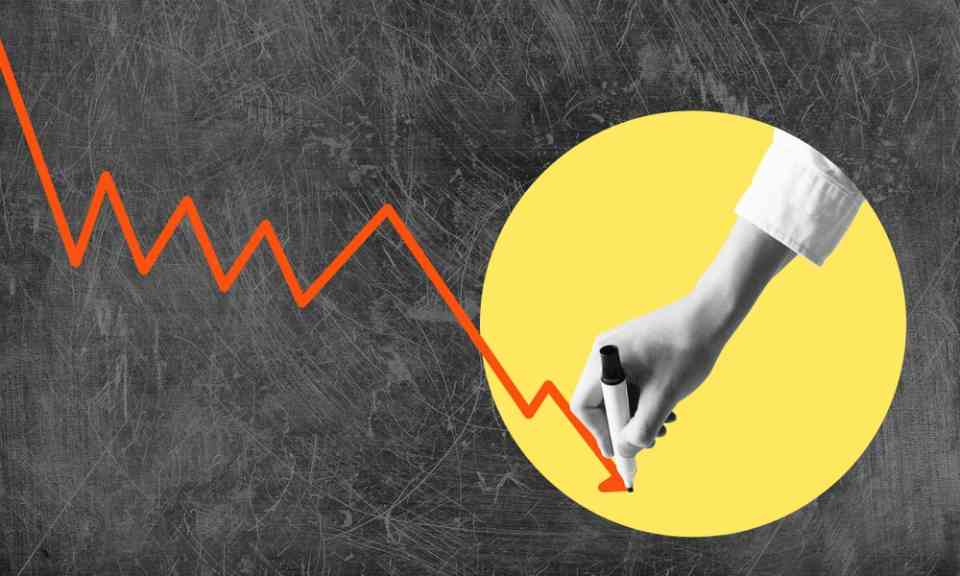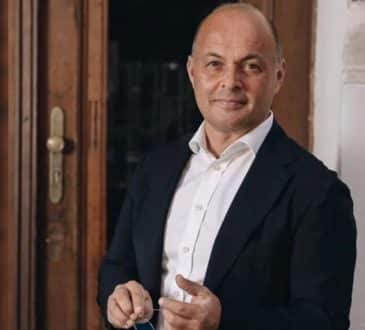Famous Billionaires Who Lost It All

In May, Elizabeth Holmes, the ex-CEO of Theranos, started serving her jail term after her 11-year sentence was reduced, possibly due to good behavior. She was initially convicted of wire fraud, resulting in a 35-month sentence. Holmes was once celebrated as the youngest female billionaire, but her fortune was based on a flawed evaluation of her company.
Although billionaires rarely lose their wealth, it’s not unprecedented. Most rich people have the expertise to maintain their financial success, but there are some exceptions. There have been instances where former billionaires have seen a significant drop in their net worth, usually due to unfortunate investments or criminal activities. In this article, CEOWORLD Magazine will explore those famous billionaires who eventually turned into fraudsters.
- Bill Hwang Bill Hwang’s Archegos Capital Management faced substantial losses in March 2021 due to overleveraged market bets. Hwang, implicated in insider trading in 2012, experienced one of the greatest personal wealth losses. The extent of his losses, estimated at $10 billion before margin calls, remains unclear.
- Chuck Feeney Chuck Feeney intentionally gave away his $8 billion net worth to charities over four decades. In 2020, he closed down his philanthropy company after fulfilling his goal of retaining retirement savings.
- Jocelyn Wildenstein Jocelyn Wildenstein, a billionaire after a 1999 divorce settlement, faced financial decline due to forged art, lawsuits, and foreclosures. In 2018, she filed for bankruptcy, claiming zero dollars in her bank account.
- Bernie Ebbers WorldCom CEO Bernie Ebbers, once worth $1.4 billion, orchestrated accounting fraud leading to an $11 billion discrepancy. WorldCom’s collapse resulted in Ebbers’ 25-year prison sentence; he was released in 2019 and died in 2020.
- Patricia Kluge Heiress Patricia Kluge, once married to media mogul John Kluge, lost her fortune in the 2008 housing crisis. Forced to sell her estate, purchased by Donald Trump in 2011, Kluge filed for bankruptcy after the failure of her luxury subdivision.
- Adolf Merckle Adolf Merckle, who grew his German family business into a vast empire, faced bankruptcy in 2008 due to a debt-ridden investment company and losses in shorting Volkswagen shares. Merckle’s suicide followed, leaving his investment company VEM with billions in debt.
- Vijay Mallya Indian businessman Vijay Mallya, once worth $1.5 billion, faced accusations of money laundering and fraud related to debts of $1.3 billion. Fleeing to the UK in 2016, he fought extradition, with unresolved legal matters delaying his return to India.
- Aubrey McClendon Co-founder of Chesapeake Energy and worth $1.2 billion, Aubrey McClendon faced federal conspiracy charges in 2016, accused of manipulating bits for drilling rights. McClendon died in a car accident, sparking speculation of suicide. Creditors claimed he borrowed $465 million in 2013, suggesting a near-zero net worth at his death.
- Björgólfur Gudmundsson Björgólfur Gudmundsson, chairman and primary owner of Iceland’s second-largest bank in 2008, faced financial ruin during the global financial crisis. His bank collapsed, taken over by the Icelandic government, wiping out Gudmundsson’s fortune. Forced to sell assets, including the Premier League soccer team West Ham United, he declared bankruptcy.
- Sean Quinn Formerly Ireland’s wealthiest man, Sean Quinn, with an estimated net worth of over 3 billion euros, lost control of his empire due to a bad investment in the Anglo-Irish Bank. Attempting to salvage the bank, Quinn depleted his insurance company, leading to a government bailout. Claiming assets worth less than £50,000, he filed for bankruptcy in 2011.
- Eike Batista Once the seventh richest person globally, oil billionaire Eike Batista’s fortunes unraveled when his oil company, OGX, failed to meet production promises, and investors withdrew. Amid Brazil’s economic downturn, Batista filed for bankruptcy. His involvement in a kickback scandal and subsequent legal troubles led to a 30-year prison sentence for corruption and money laundering.
- Allen Stanford Allen Stanford, similar to Bernie Madoff, engaged in a Ponzi scheme that defrauded approximately 18,000 people, leading to losses of over $7 billion. Convicted and sentenced to 110 years in prison, Stanford’s net worth plummeted to zero. Unlike Madoff, few of Stanford’s victims recovered their funds.
- Bernie Madoff Bernie Madoff, infamous for orchestrating the largest Ponzi scheme in history, swindled around $17.5 billion from investors. Despite the recovery of $13 billion by trustees, Madoff received a 150-year federal prison sentence. His request for compassionate release, citing imminent kidney failure, was denied, and he passed away in the following year.
- Elizabeth Holmes Elizabeth Holmes once featured on the cover of Forbes for her groundbreaking startup valued at approximately $9 billion, recently faced criminal fraud charges. She claimed her company, Theranos, was developing a revolutionary blood test capable of detecting hundreds of diseases with just a few drops of blood. However, the company was far from achieving this technology. Holmes, convicted of wire fraud, is set to report to prison.
Have you read?
Countries With The Highest And Lowest Average Salaries, 2023.
Best Fashion Schools In The World.
Best Business Schools In The World.
The World’s Best CEOs And C-Suite Executives, 2023.
World’s Most Influential and Innovative Companies.
World’s Best Hospitality And Hotel Management Schools.
Bring the best of the CEOWORLD magazine's global journalism to audiences in the United States and around the world. - Add CEOWORLD magazine to your Google News feed.
Follow CEOWORLD magazine headlines on: Google News, LinkedIn, Twitter, and Facebook.
Copyright 2025 The CEOWORLD magazine. All rights reserved. This material (and any extract from it) must not be copied, redistributed or placed on any website, without CEOWORLD magazine' prior written consent. For media queries, please contact: info@ceoworld.biz








